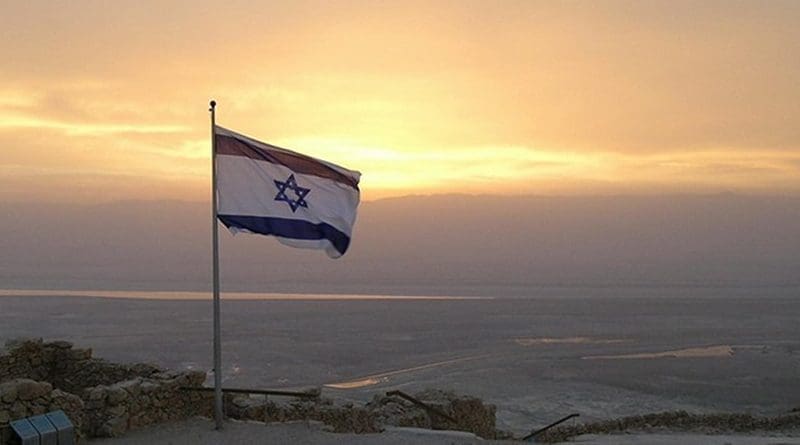Netanyahu’s Extremist Coalition May Have A Silver Lining – OpEd
By Ray Hanania
Israel’s indicted Prime Minister Benjamin Netanyahu’s efforts to court the country’s most extreme political parties to protect himself and others from criminal prosecution may be the best thing to happen to the long-dormant peace process in years.
The target of a long-delayed corruption case resulting from a 2016 investigation, Netanyahu has partnered with the country’s most anti-Arab political parties, which also include politicians who face legal issues.
Their hope is that, in forming this new government, they can block or significantly influence impending prosecutions and stymie unfavorable legal restrictions that would likely undermine their political agendas.
Netanyahu stands formally accused in three cases: The first of accepting nearly $300,000 in gifts between 2007 and 2016 in exchange for political favors while serving as prime minister; the second of promising the publisher of a centrist newspaper, Yediot Aharonot, that he would curb the strength of a rival publication, Israel Hayom, owned by billionaire Sheldon Adelson; and the third of engaging in influence-peddling to protect the media empire of the country’s largest telecom mogul in exchange for positive media coverage.
Netanyahu is currently working on easing restrictions that prevent people convicted of crimes from serving as government ministers. This would benefit Aryeh Deri, an ultra-Orthodox Jewish politician convicted last year on charges of tax evasion. Deri has been handed several ministerial positions in Netanyahu’s new coalition government.
Another Netanyahu ally is Jewish Power party leader Itamar Ben-Gvir, who has been convicted on charges of disturbing public order, interfering with a police officer while performing his duty, incitement to racism and supporting a terror organization, according to Israeli media.
Ben-Gvir has been named as minister for national security with new, expanded powers over the Israeli police, which has already been accused of targeting Palestinian citizens who have protested against the Israeli government’s policies. Ben-Gvir is also a disciple of the late extremist Rabbi Meir Kahane and the Kahanist movement he founded, which has been denounced as a terrorist organization.
Yet another ally is Bezalel Smotrich, an anti-Palestinian extremist who believes that Israel should provide funding to minority groups, but has publicly stated he would seek to legislate to exclude Palestinian citizens of Israel from receiving such funds.
Netanyahu has the backing of slightly more than half of the country’s Jewish voters, based on the coalition’s voter strength in the last election, but his plans to strengthen the voices of extremist religious zealots has fueled outrage among Jews living in many Western countries, including in the US.
If this rhetoric intensifies, you can bet that the rhetoric against Palestinian rights will also be even greater. Israel’s media has avoided any reporting that is too critical of Israeli or settler violence against Palestinians, as exemplified by its mediocre and unprincipled stand on the killing of journalist Shireen Abu Akleh, an American citizen, last May.
The rise of this extremist anti-Arab coalition could also have impacts in the Arab world itself, undermining the Abraham Accords and further aggravating the vacant peace accords Israel has with Jordan and Egypt.
Humans often find themselves at odds with each other over political and societal differences, preventing them from coming together. But when a greater concern arises, it often forces people to set aside their differences and come together to fight the new threat. That could be the unexpected silver lining of Netanyahu’s political deal with the devil that is aimed at salvaging his own career.

